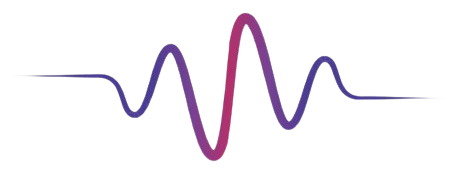What is De-Addiction Therapy ?
De-addiction services focus on helping individuals overcome various forms of addiction, including chewing tobacco, smoking, alcohol, and behavioral addictions like gambling, gaming, and sexual addiction. This service also provides support for those with co-occurring psychiatric disorders, such as depression, anxiety, insomnia, bipolar disorder, schizophrenia, sexual dysfunction, and dementia. The goal is to provide a comprehensive treatment plan that addresses both the physical and psychological aspects of addiction, offering medical, psychological, and lifestyle interventions to promote long-term recovery.
Join us Now !








